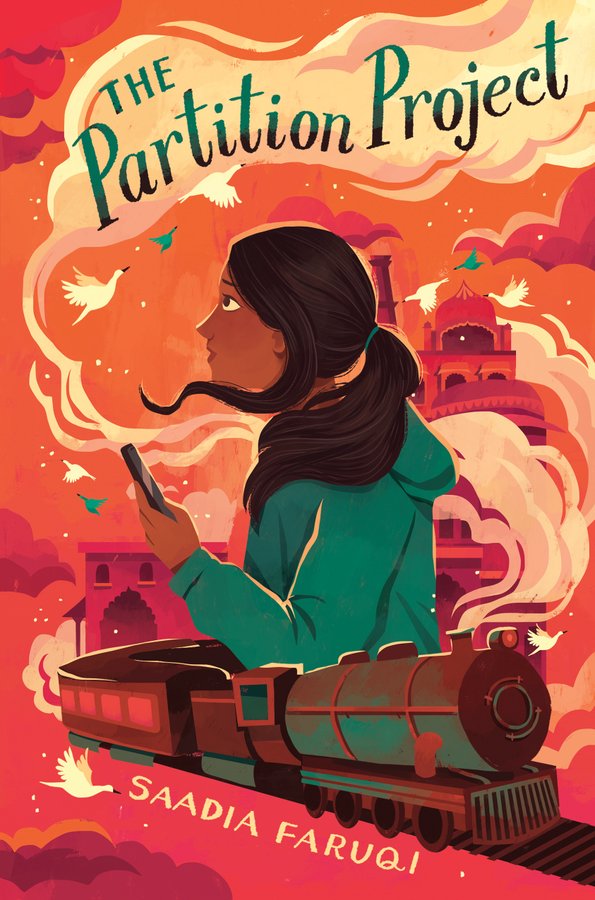What do you think?
Rate this book


416 pages, Hardcover
First published February 27, 2024
Twelve-year-old Mahnoor has wanted to become a journalist for as long as she can remember. She loves facts and research, and can’t stand anything that stems from opinion instead of reality.
When she hears that her paternal grandmother – her ‘Dadi’ – is coming over from Pakistan to stay with them, she is not happy about having to give up her room and become Dadi’s “babysitter.” But once they begin talking, Mahnoor realises that Dadi’s memories of the Partition would be the perfect subject for the documentary she has to make for her media studies class. Thus begins the ‘Partition Project.’
The story comes to us in the first person perspective of Mahnoor, with some content written in interview script.
Kid-version? Why? I was a child when it happened. Nobody protected me from the truth. I saw all that death and destruction right in front of my eyes. So why do you girls want to be shielded? pg. 110